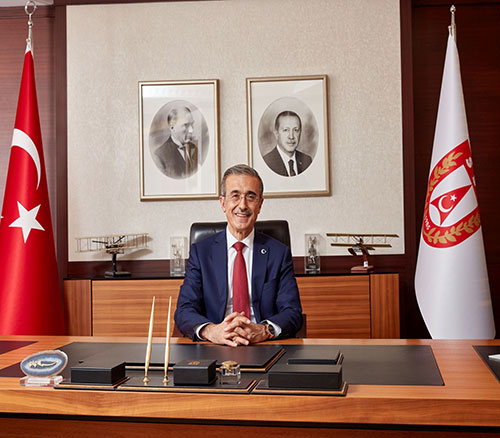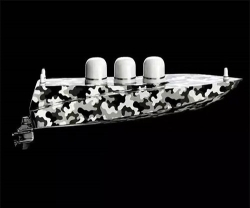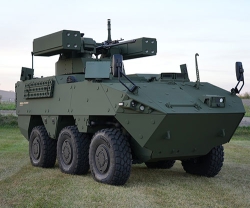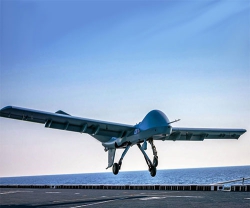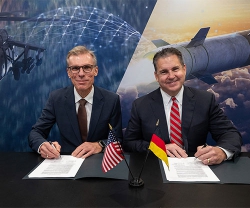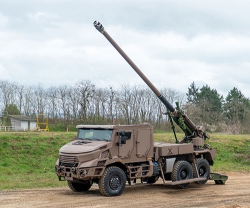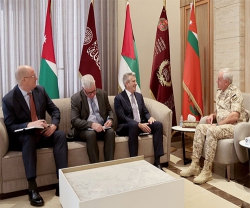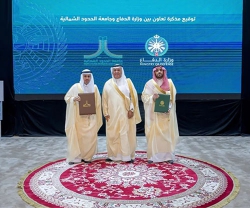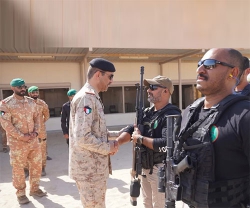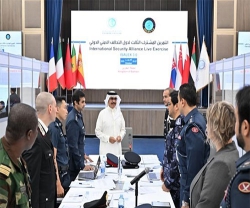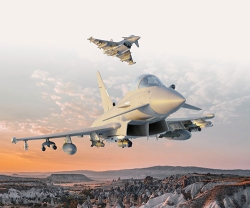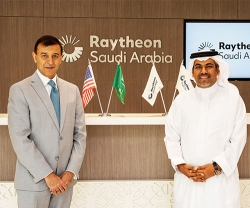The U.S. exerted new pressure on Turkey on Monday over its installation of Russian S-400 air defense system, the latest sign of a growing rift between Ankara and its allies in the North Atlantic Treaty Organization, The Wall Street Journal (WSJ) reported.
The Trump administration imposed sanctions against a Turkish defense agency and one of its executives under a 2017 law that penalizes the purchase of weapons from a blacklisted supplier, such as Russia.
The decision in Washington came after European Union nations last week agreed to impose sanctions over Turkey’s military moves in the region and its energy-exploration actions in the eastern Mediterranean Sea.
The back-to-back actions reflect growing concern among Western leaders that Turkish military collaboration with Russia will undermine the effectiveness of NATO at a time when Turkish President Recep Tayyip Erdogan has become more deeply involved in several military conflicts.
U.S. lawmakers have long pressed Mr. Trump to impose sanctions against Ankara, but the administration had declined to do so until Monday, three days after Congress approved defense legislation that mandated the imposition of sanctions. Previously, Mr. Trump, who has formed a close relationship with Mr. Erdogan, announced the removal of Turkey from the F-35 stealth jet fighter program.
“The United States made clear to Turkey at the highest levels and on numerous occasions that its purchase of the S-400 system would endanger the security of U.S. military technology and personnel and provide substantial funds to Russia’s defense sector, as well as Russian access to the Turkish armed forces and defense industry,” Secretary of State Mike Pompeo said in a statement.
The U.S. sanctions target Turkey’s Presidency of Defense Industries, a government organization that oversees and manages the country’s defense industry, and its Chief, Dr. Ismail Demir (photo). Mr. Erdogan and other Turkish officials have defended the acquisition of the weapons system as necessary to the country’s defense.
Turkey’s Foreign Ministry condemned the sanctions and said in a statement that the country will “take the necessary steps against this decision, which will negatively affect our relations, and will retaliate in a manner and timing it deems appropriate.”
Russian Foreign Minister Sergei Lavrov said Monday at a news conference in Sarajevo, Bosnia and Herzegovina, that the sanctions are “yet another manifestation of an arrogant attitude toward international law,” the Interfax news agency reported.
It wasn’t immediately clear what effect the U.S. sanctions would have on Turkey’s defense sector. The Presidency of Defense Industries previously was an undersecretariat within the Turkish government, but was brought under the direct control of Mr. Erdogan’s office in 2018, according to Aykan Erdemir, Senior Director of the Turkey program at the Foundation for Defense of Democracies in Washington.
Dr. İsmail Demir, is “one of the most senior figures in Turkey’s defense industry and coordinates the financing, procurement and execution of Turkey’s defense industry projects,” Mr. Erdemir said.
State Department officials said the measures include a ban on U.S. export licenses to the Presidency of Defense Industries, also known as SSB, and a freeze on assets and visa restrictions for Mr. Demir and other SSB officers. The officials said on a call with reporters that the sanctions send a strong signal to Turkey, and that the timing of the sanctions was due to the long-term deliberative process required for imposing significant penalties on a longtime military partner, rather than through congressional legislation.
The U.S. didn’t target Mr. Erdogan or top government officials with its sanctions, and the EU’s move on Thursday was seen as a moderate step. The European compromise split the difference between calls by France, Greece and Cyprus for an overhaul of EU ties with Ankara, including a possible arms ban, and the cautious approach of Germany, the Netherlands, Spain and others who favored minimal sanctions against a couple of officials.

